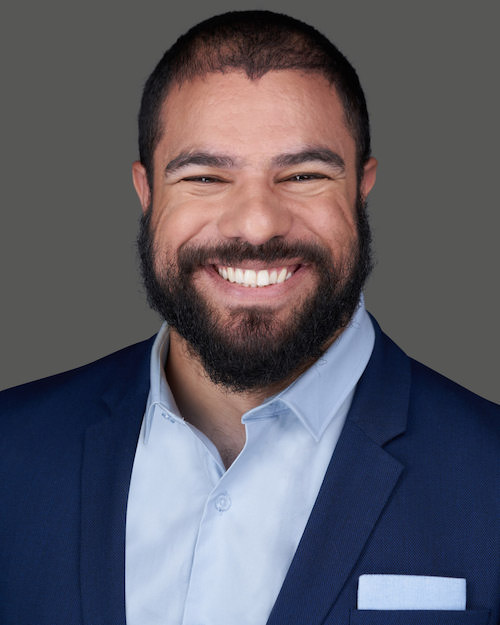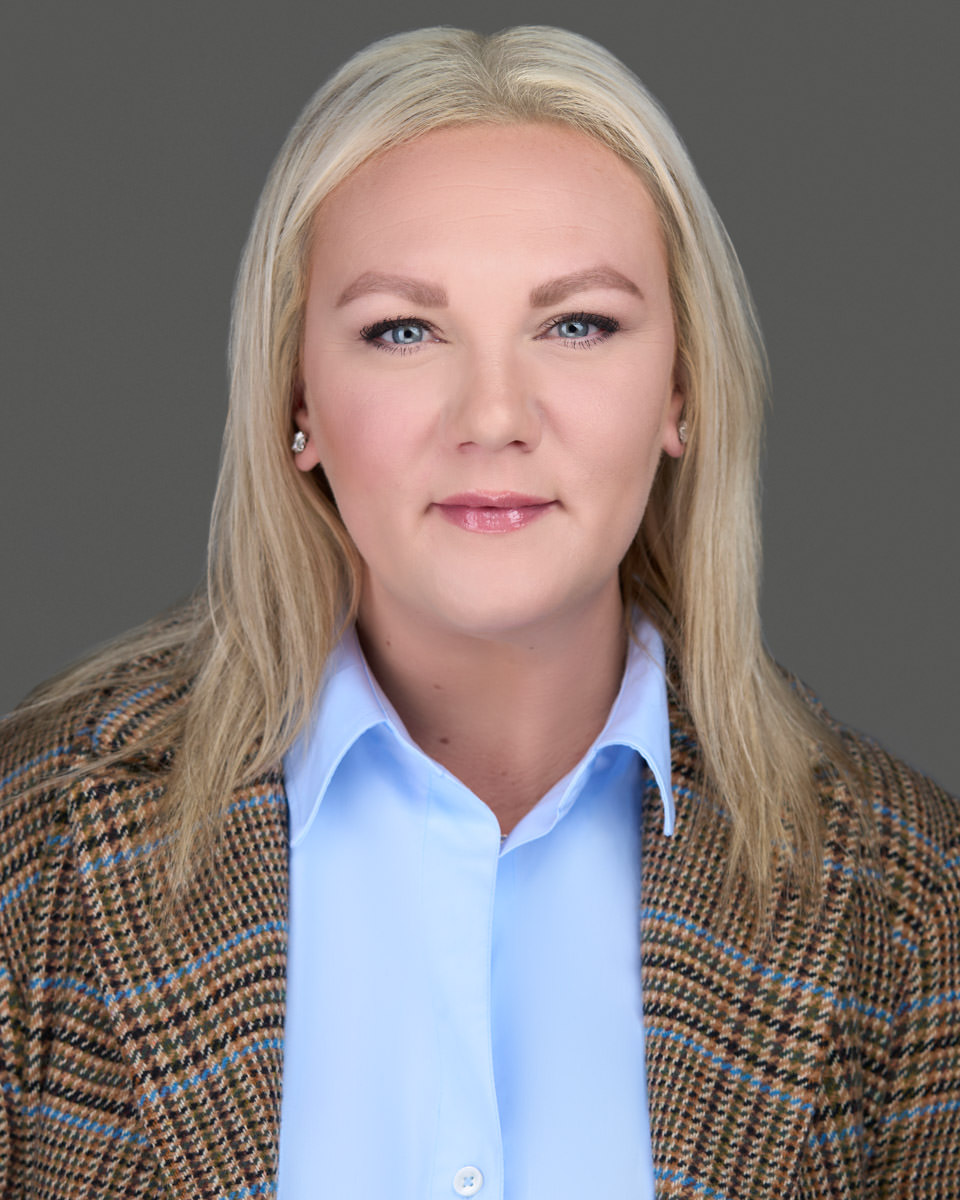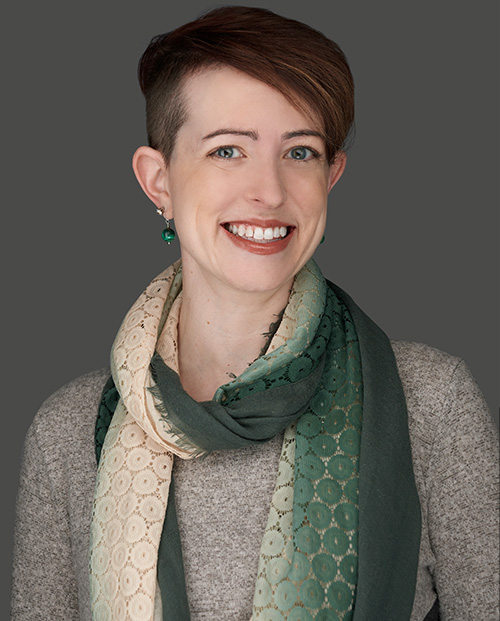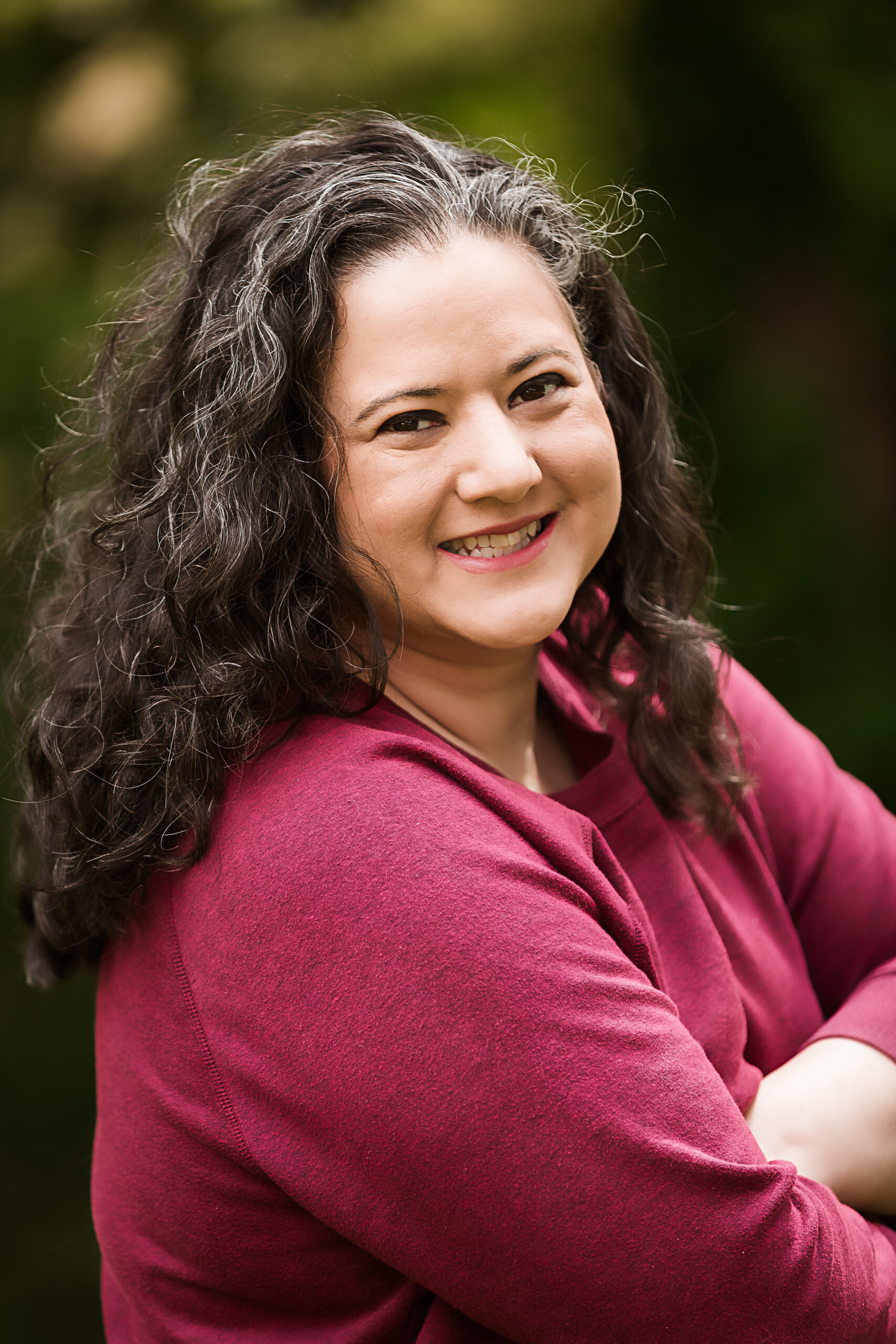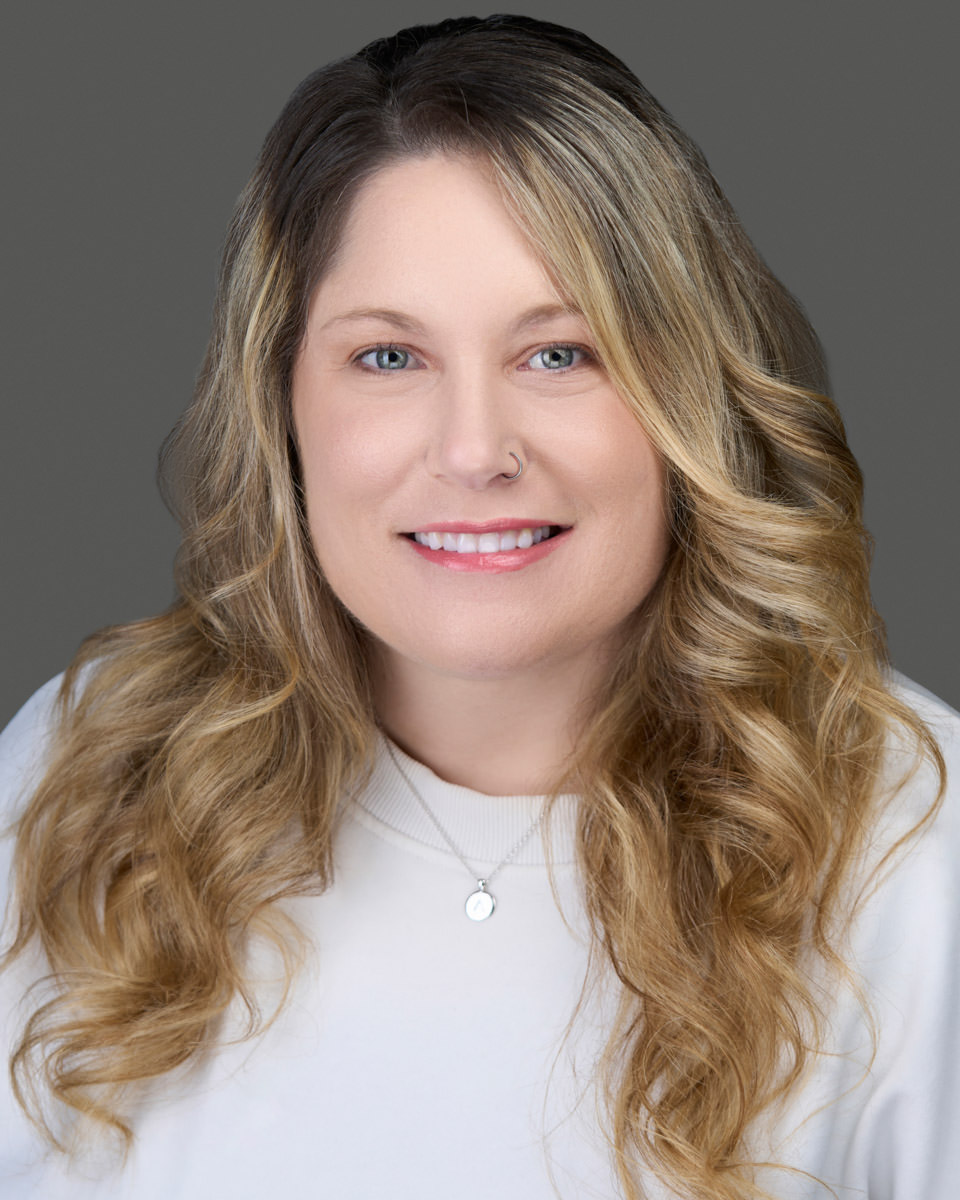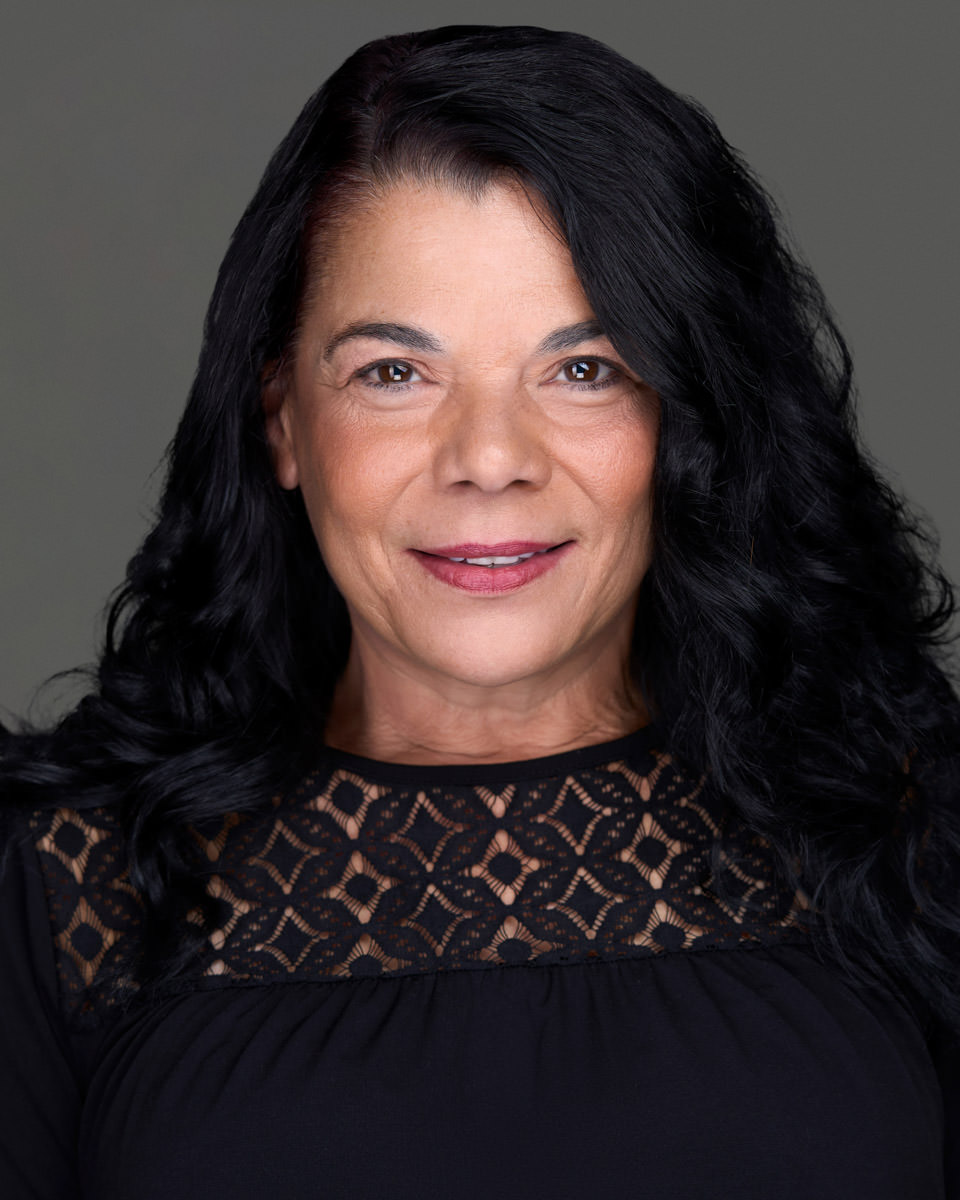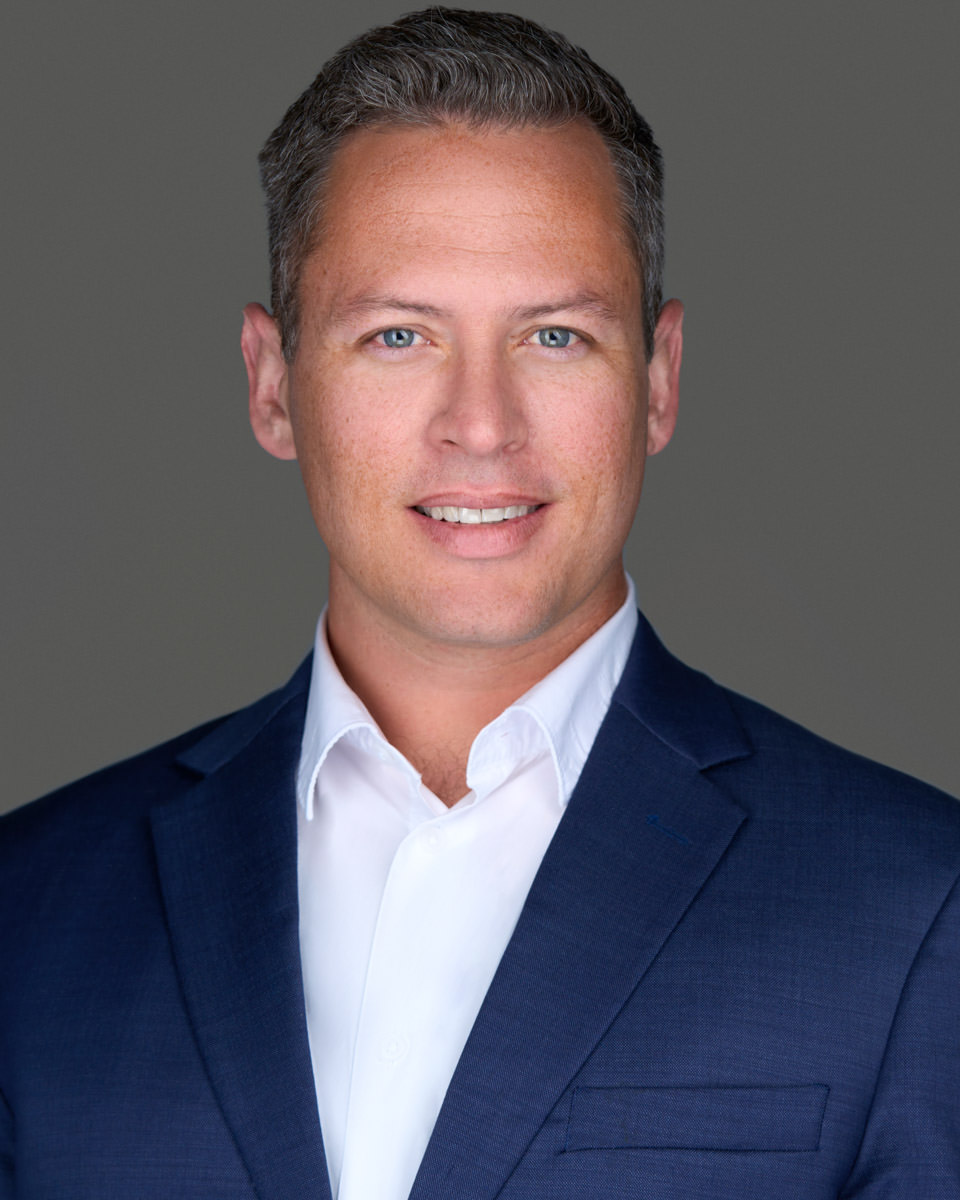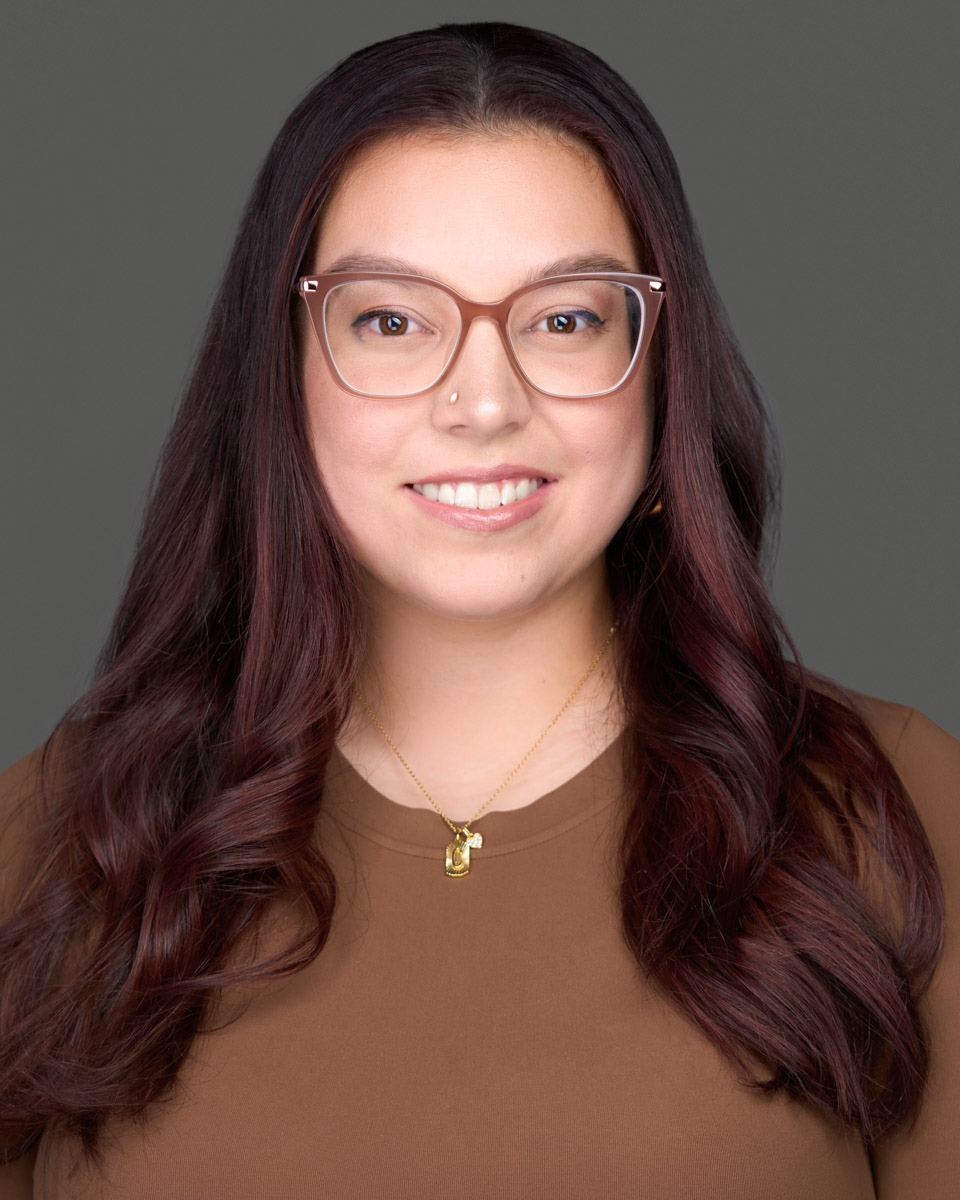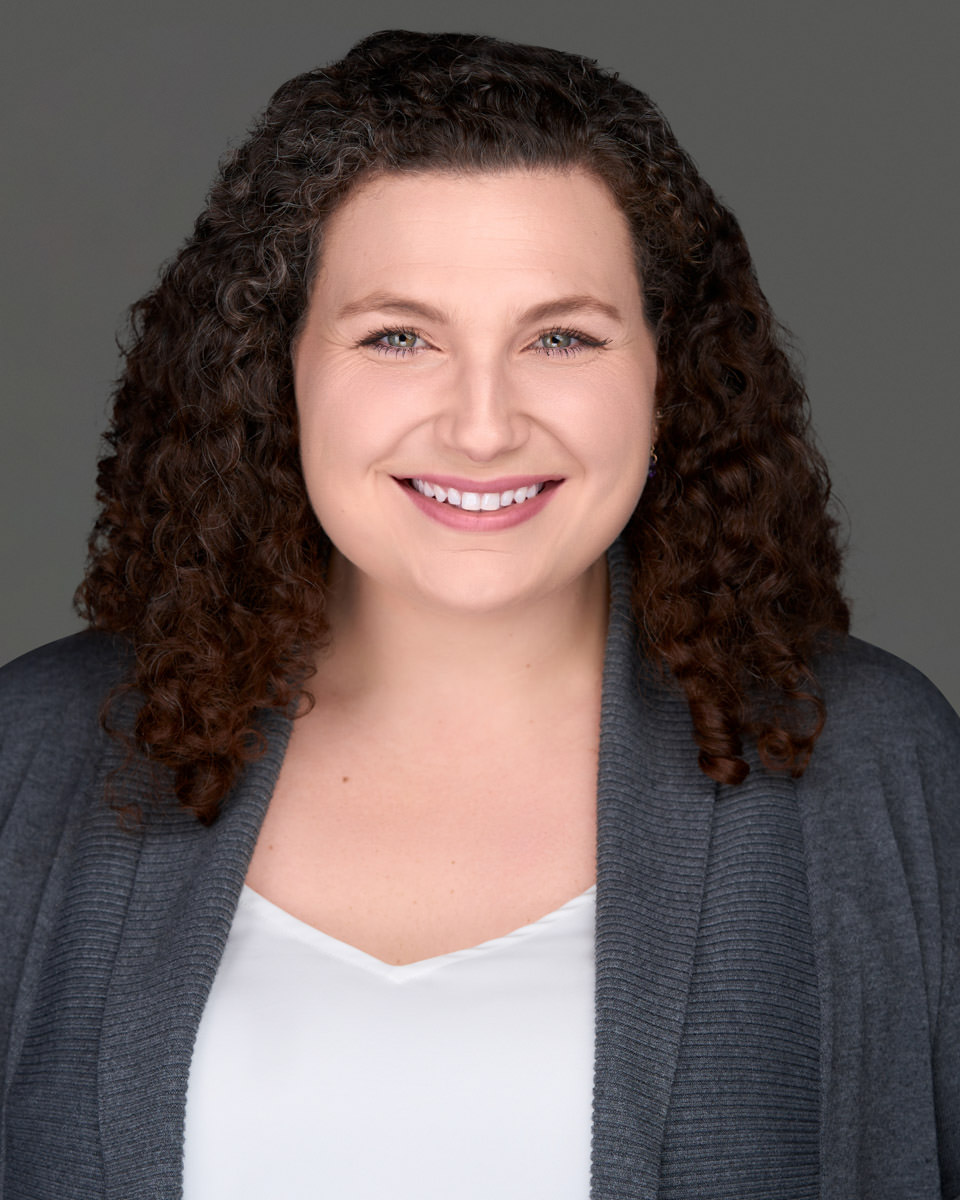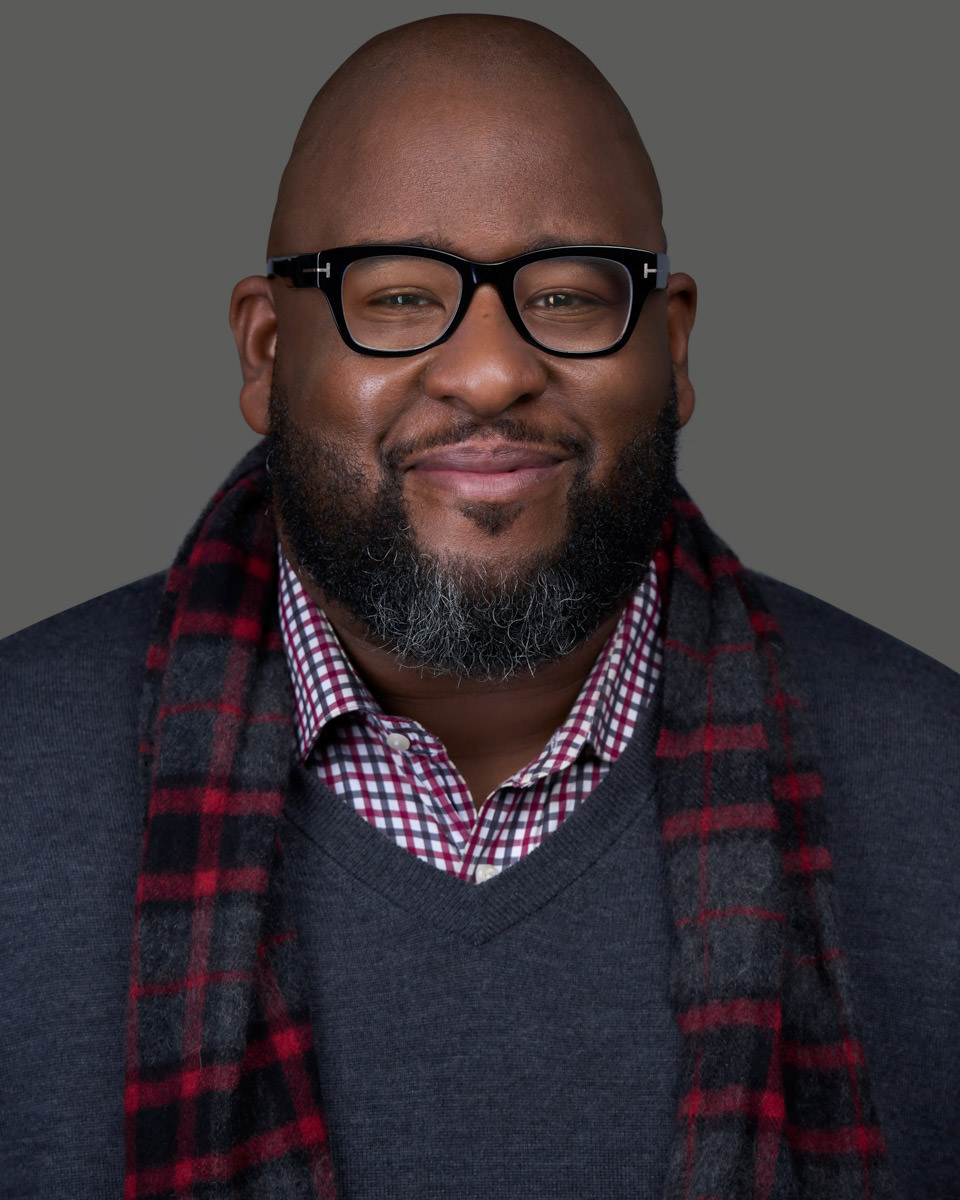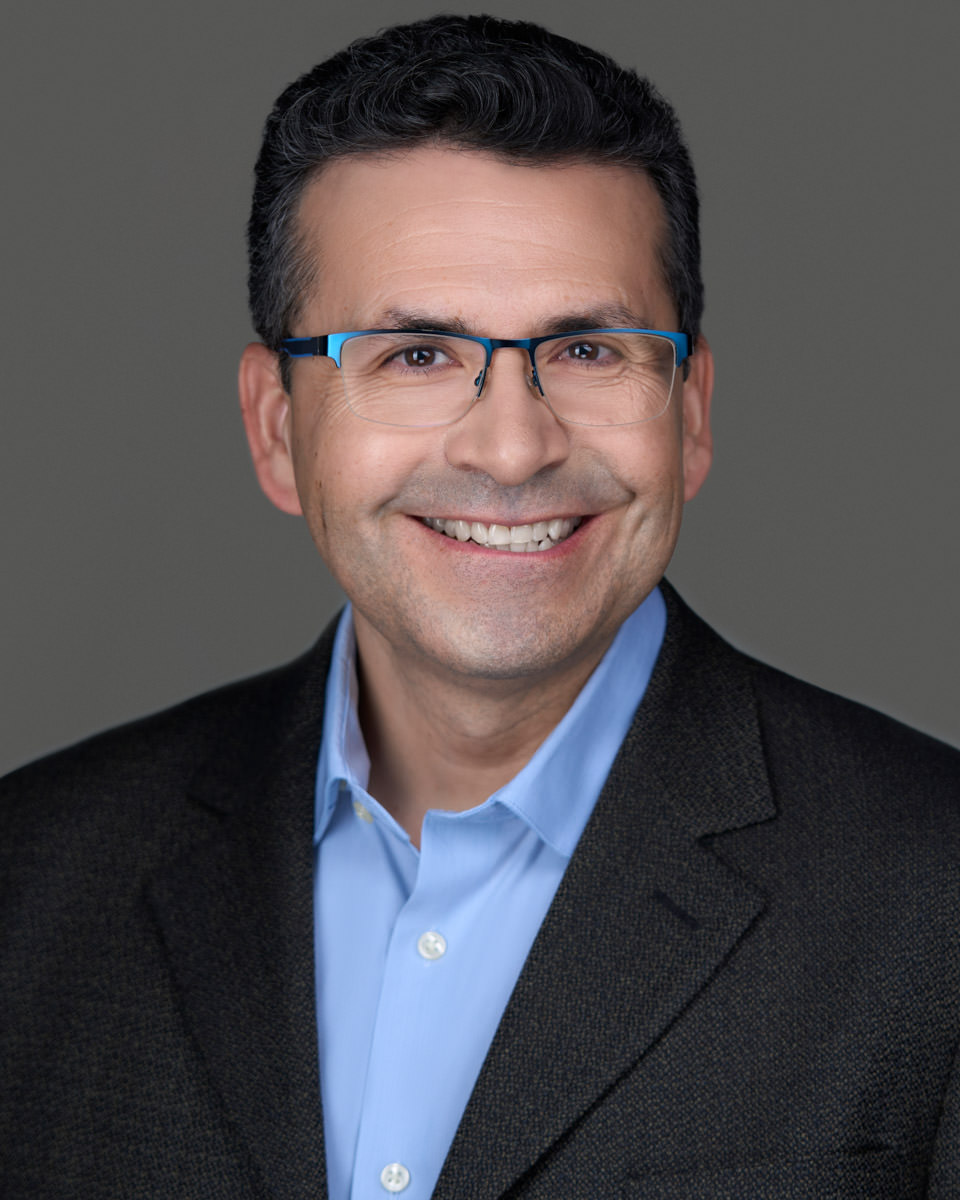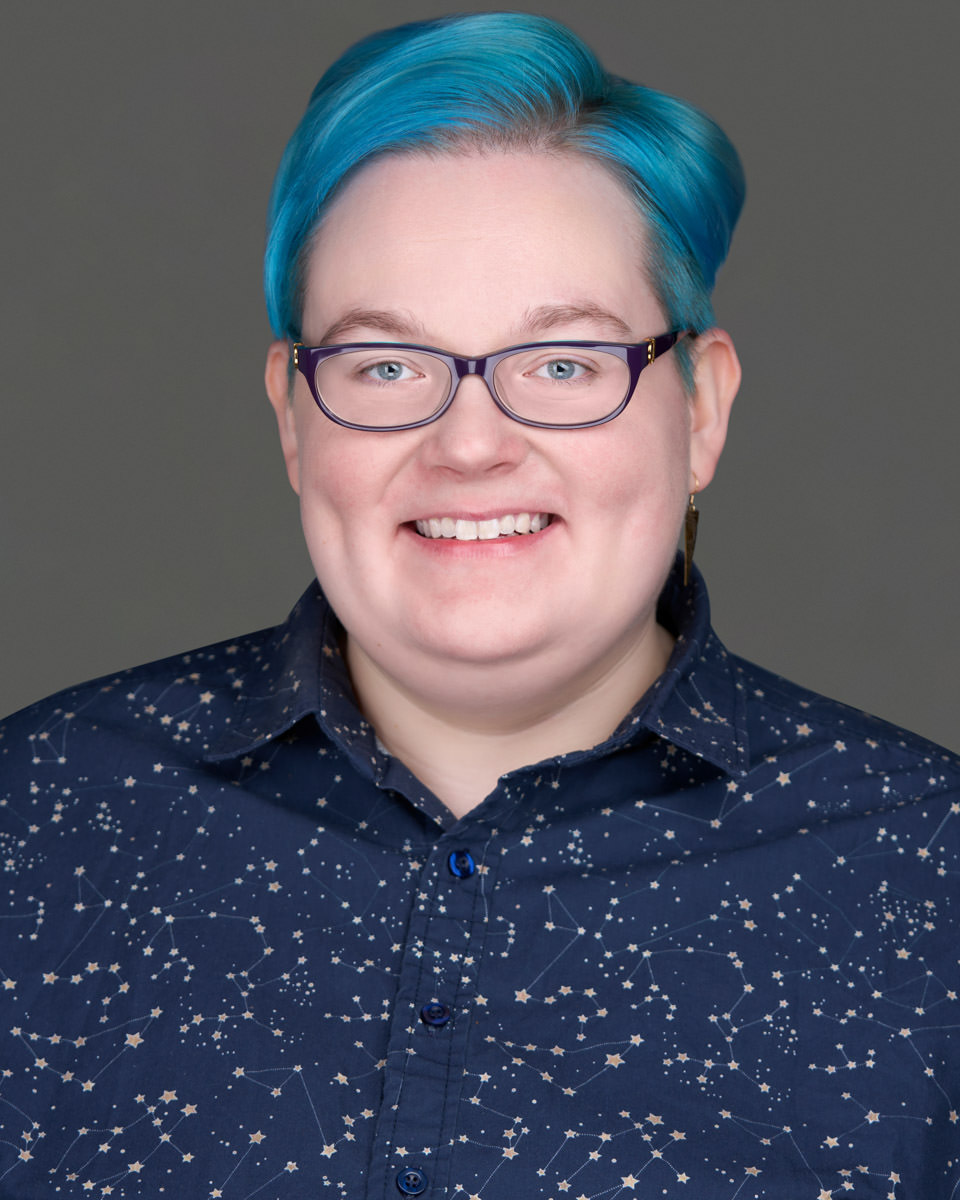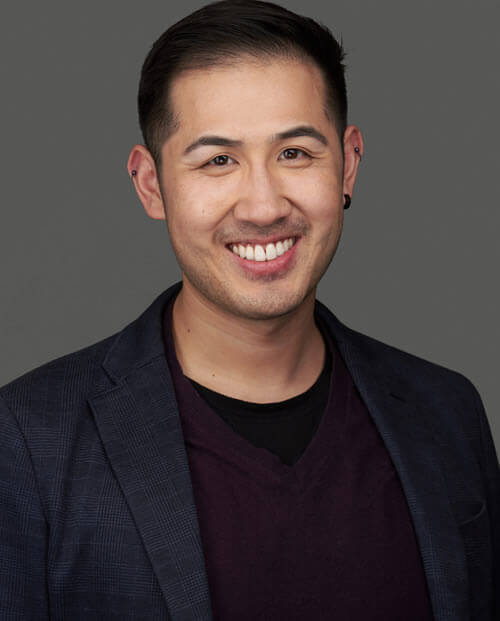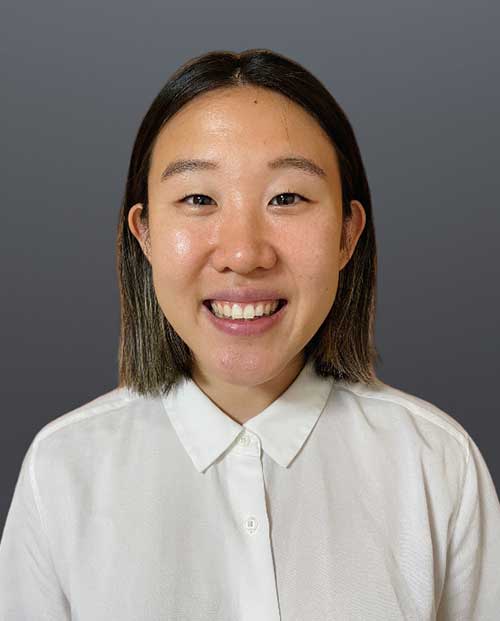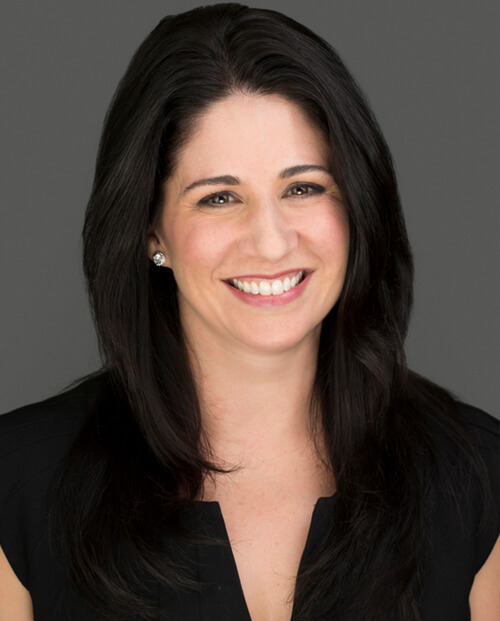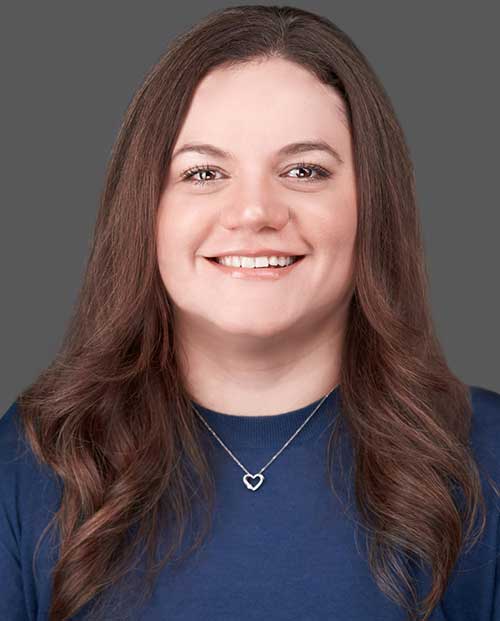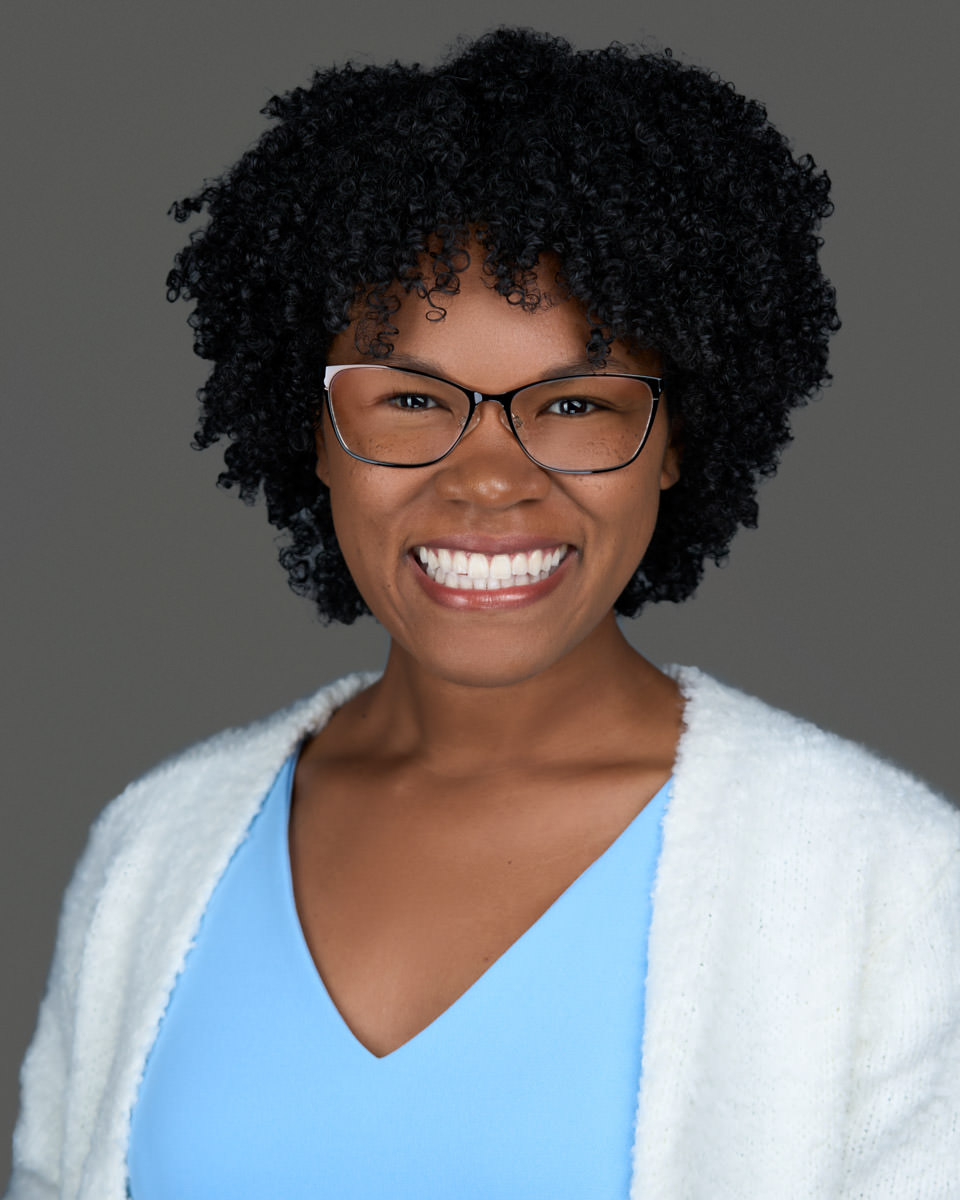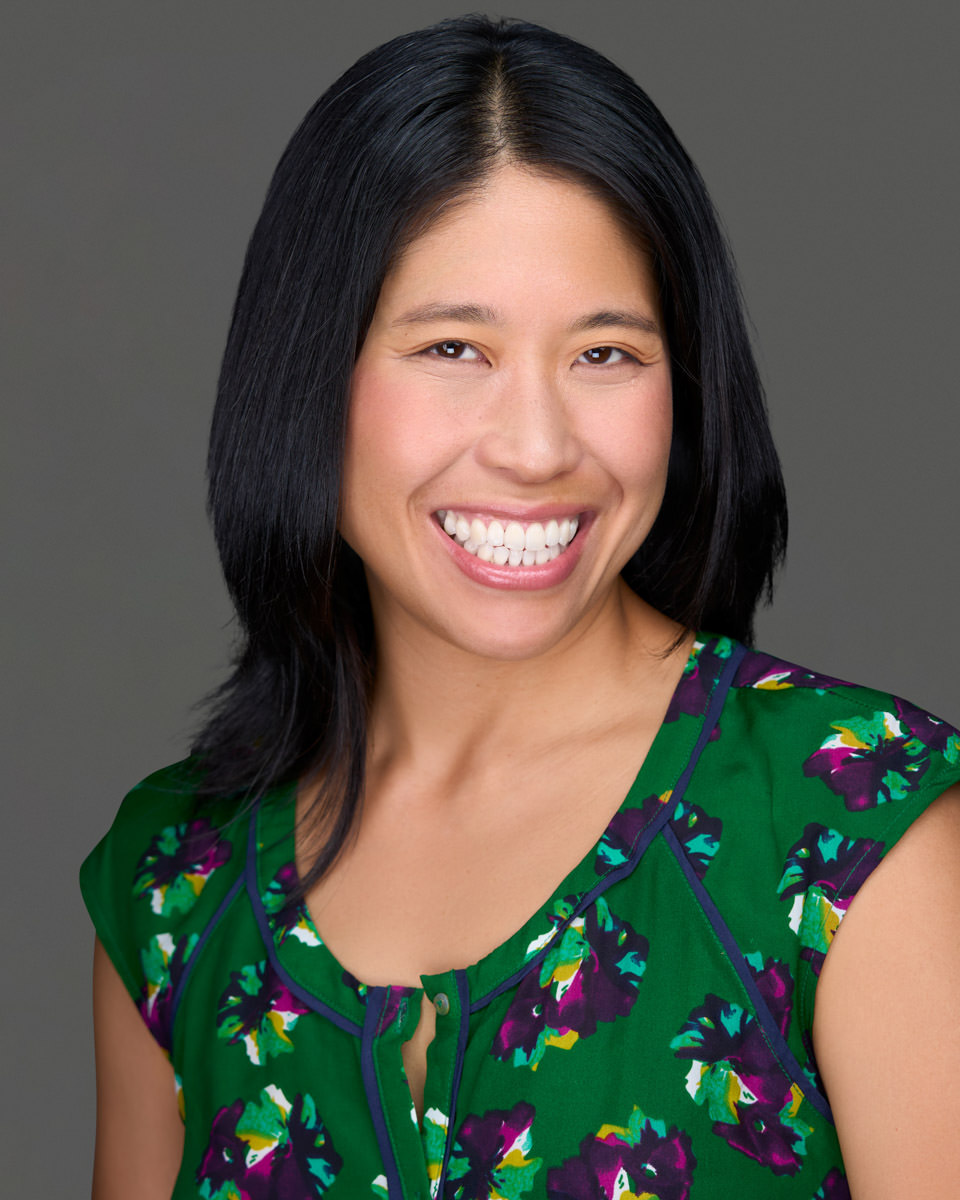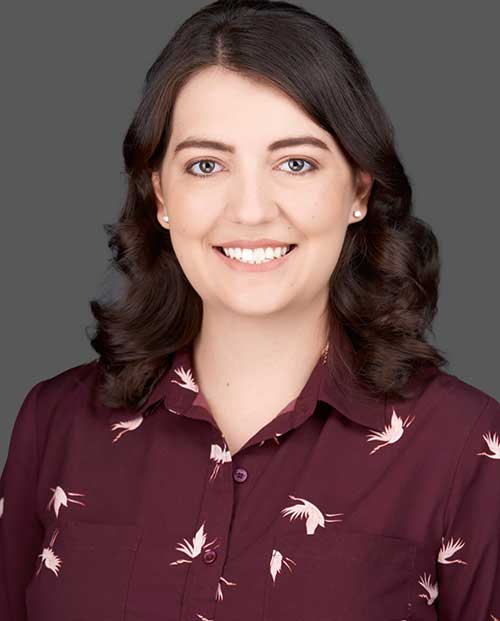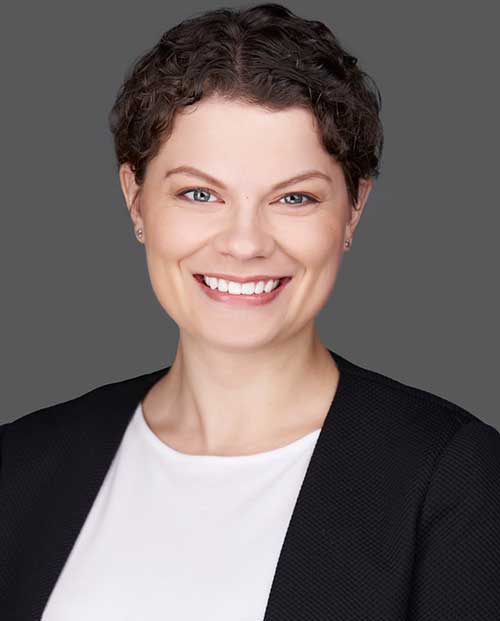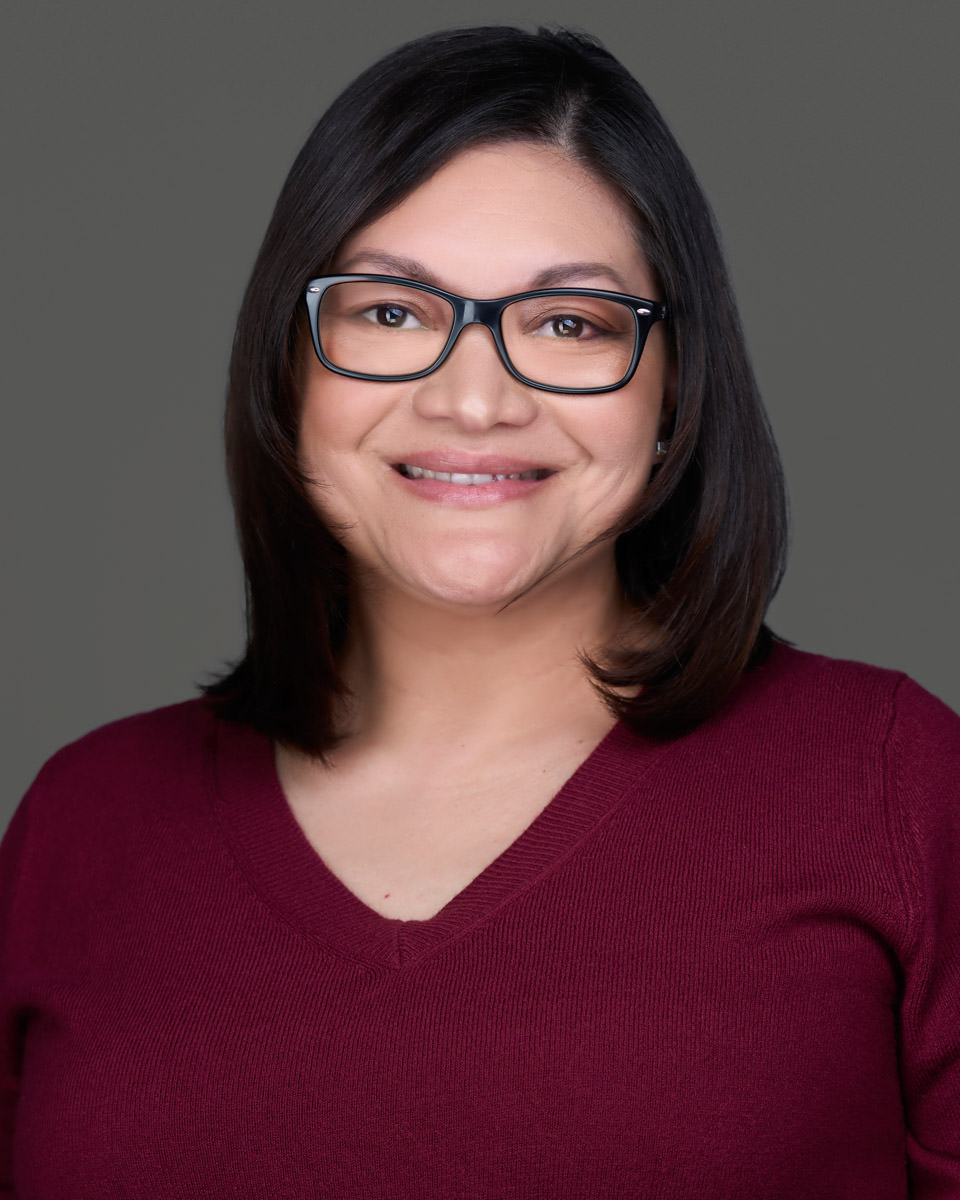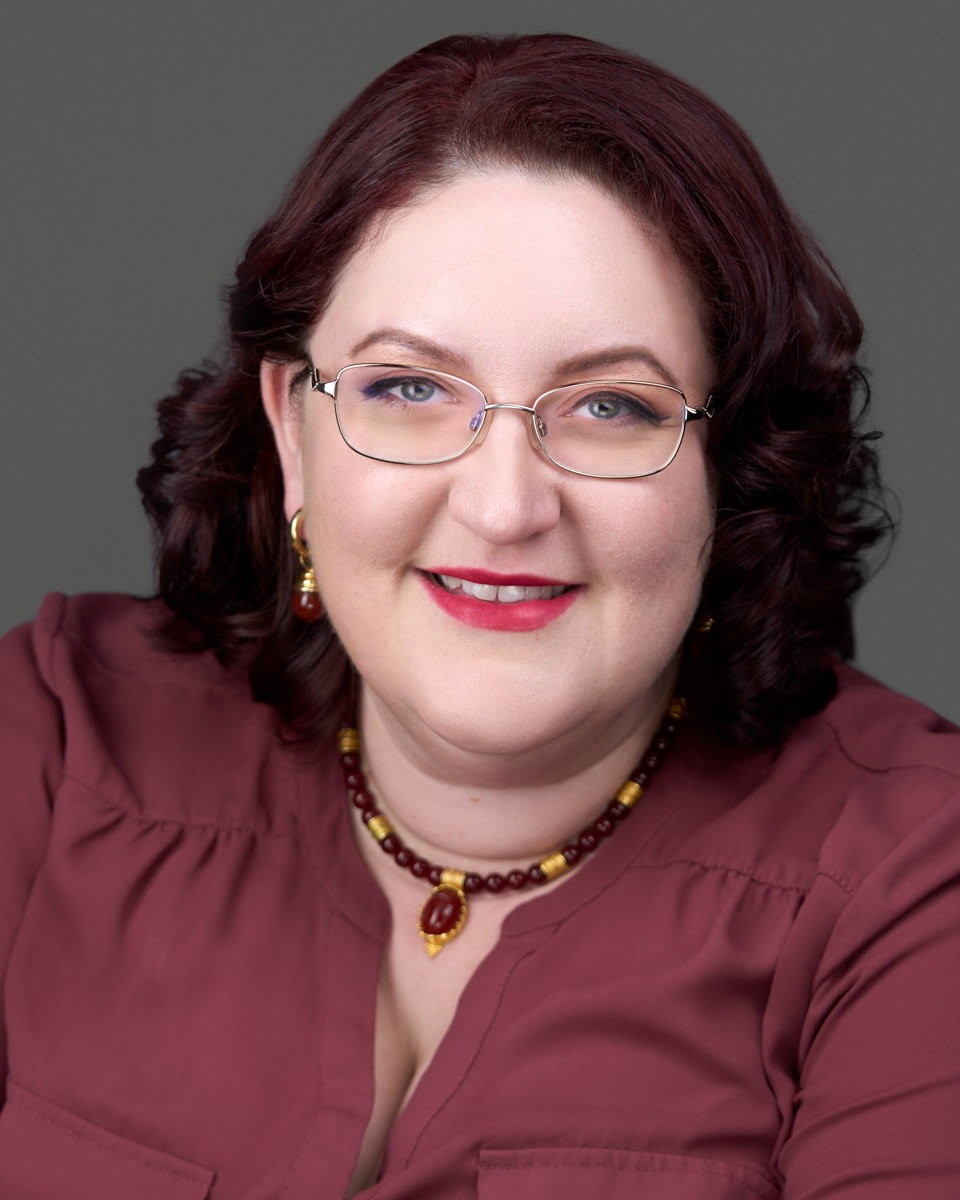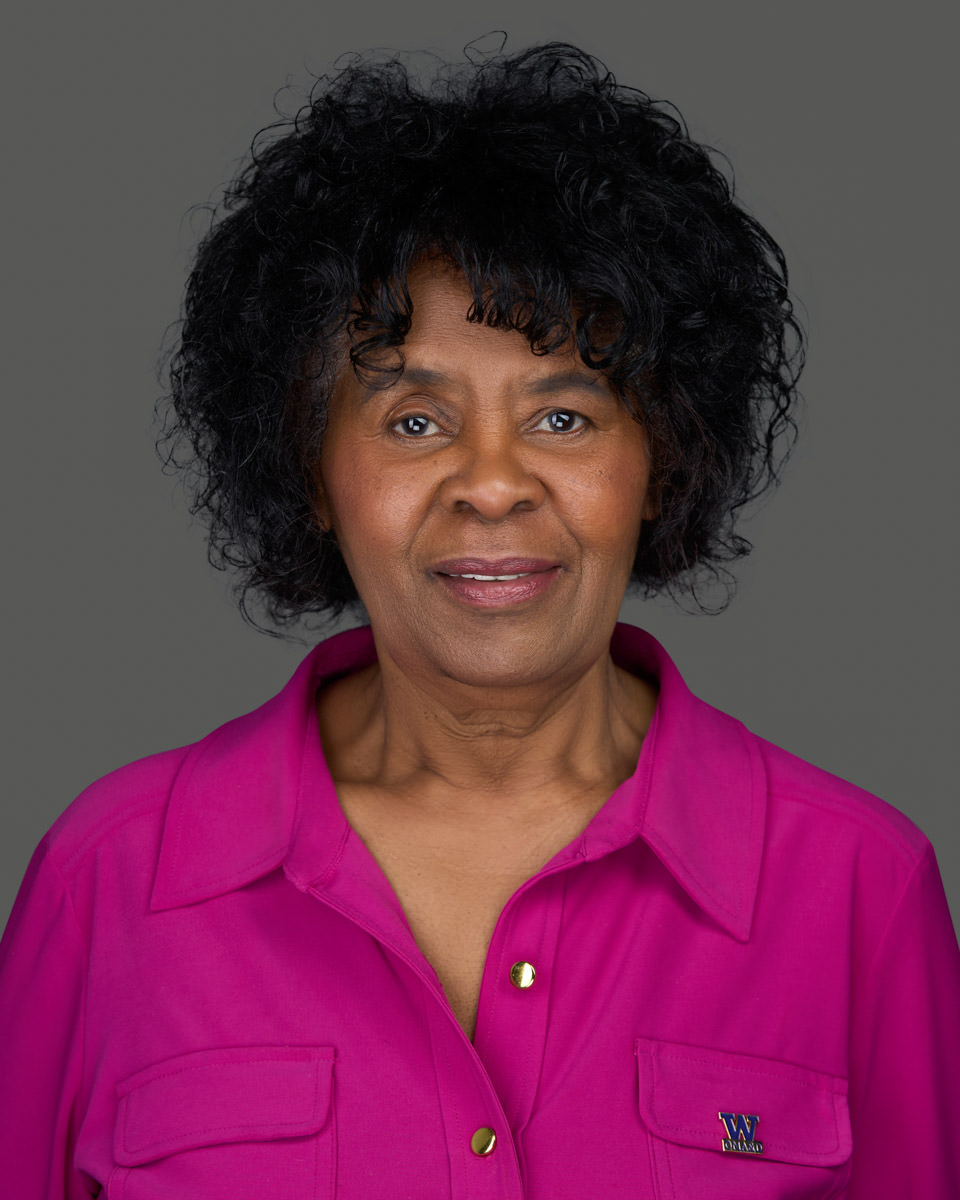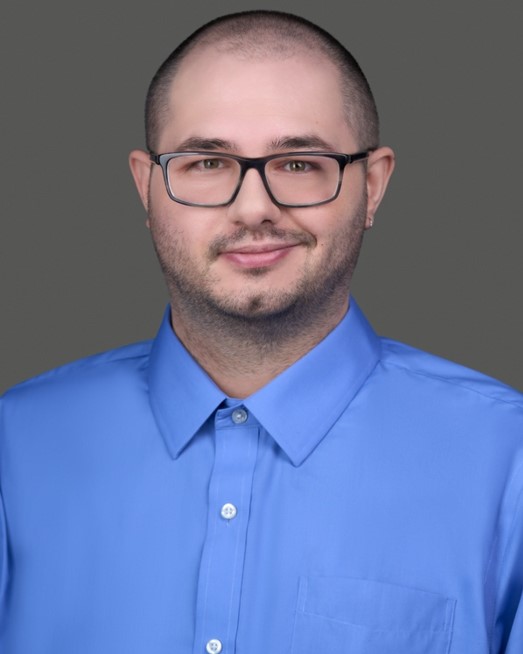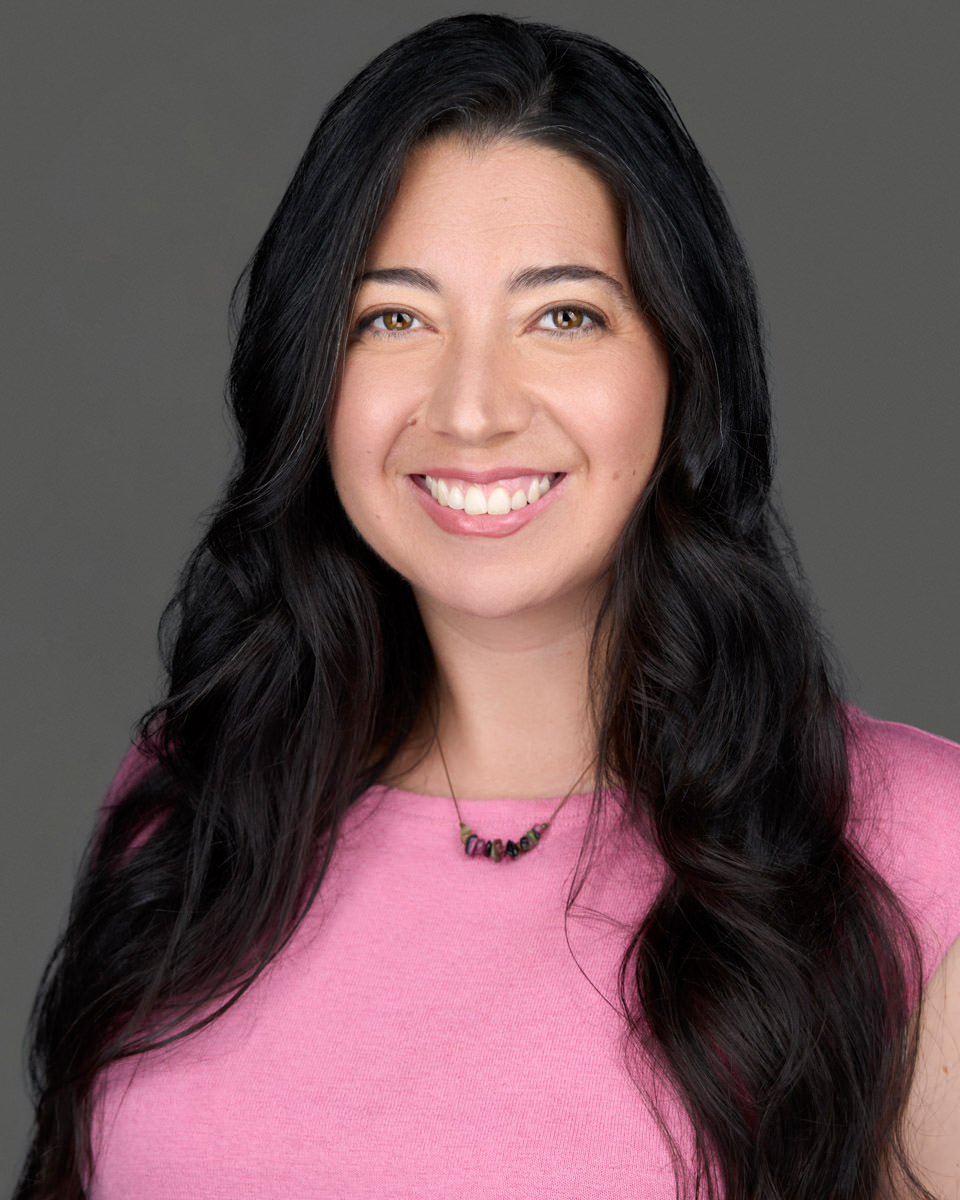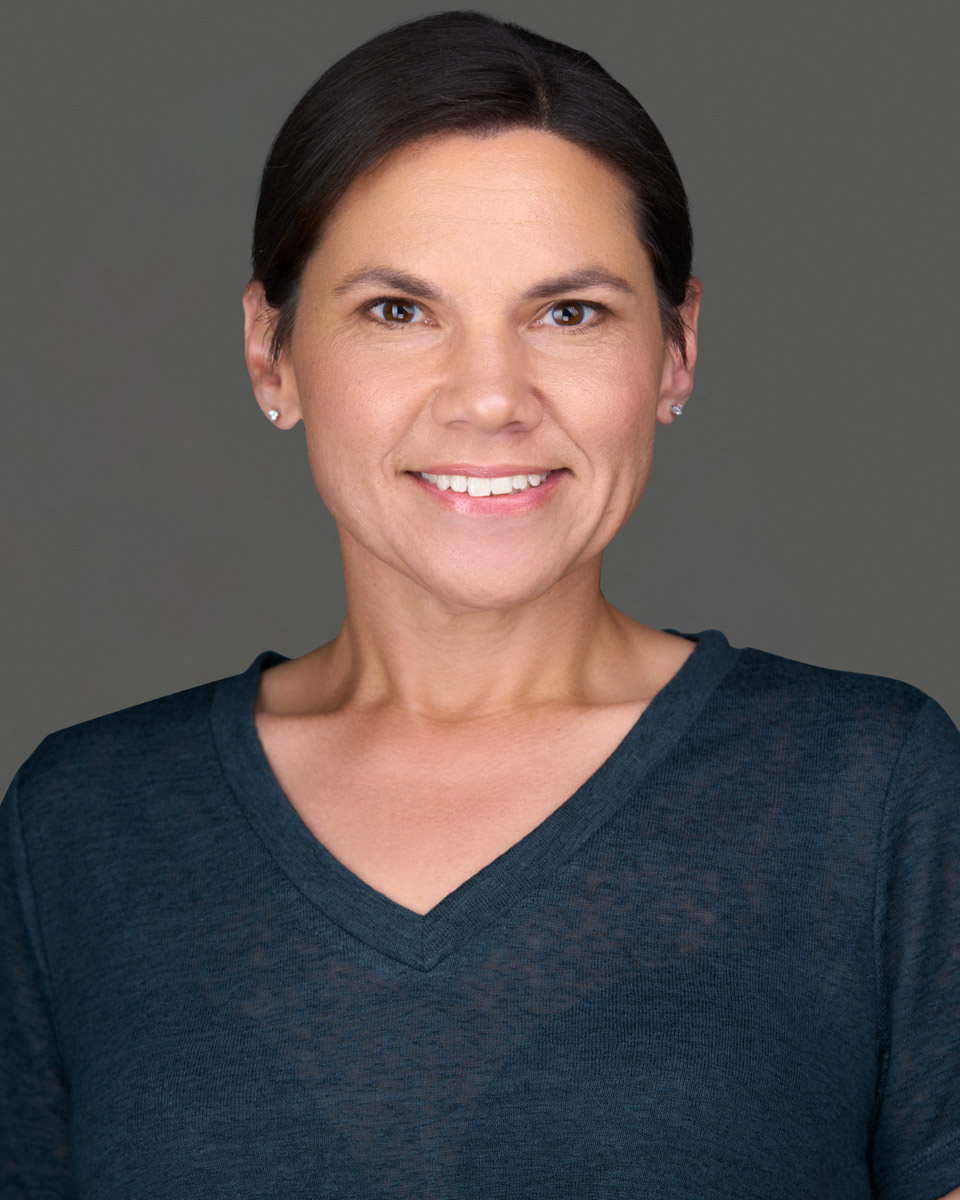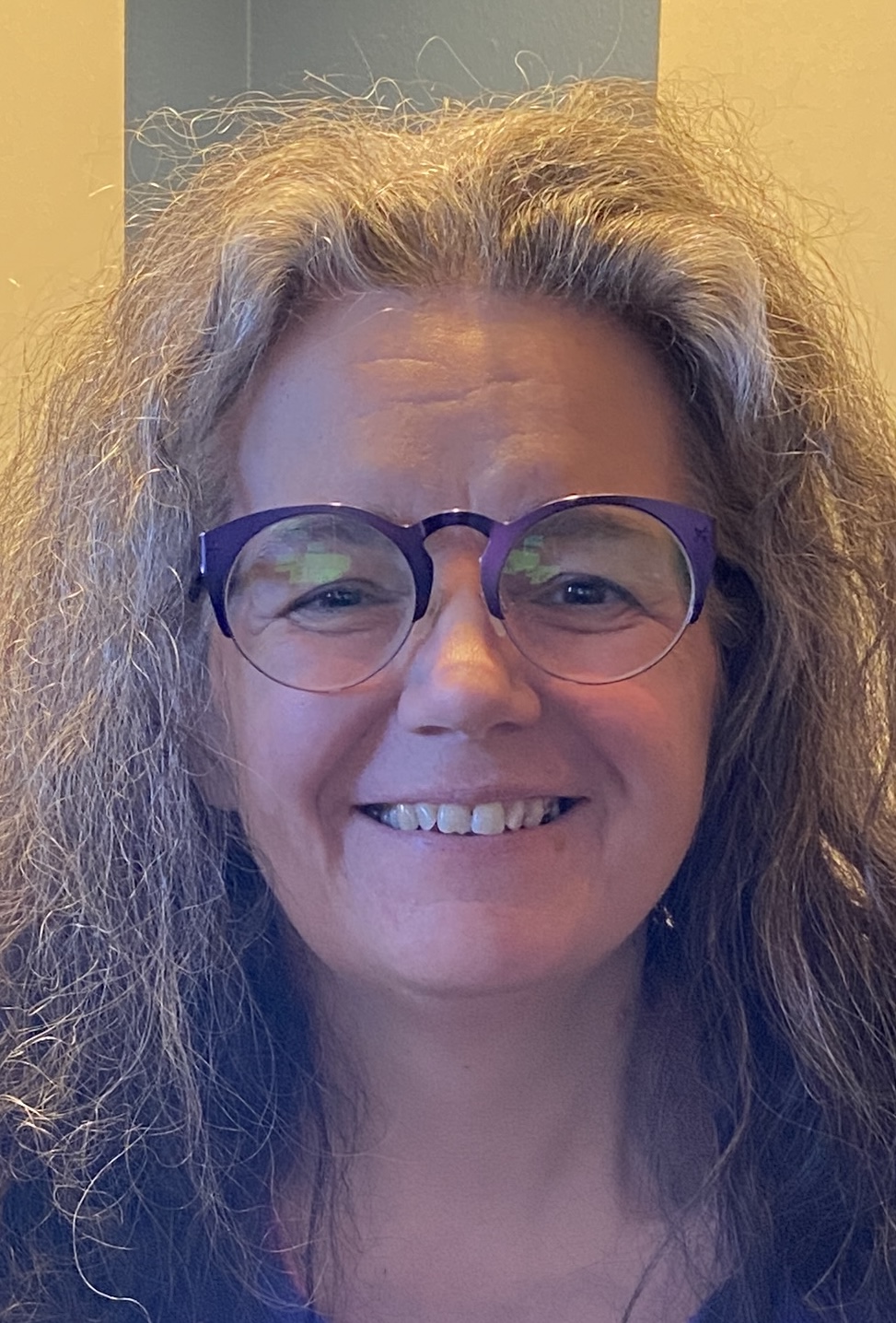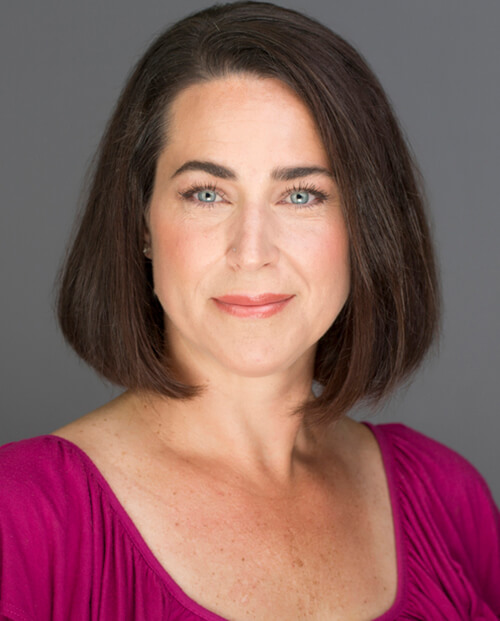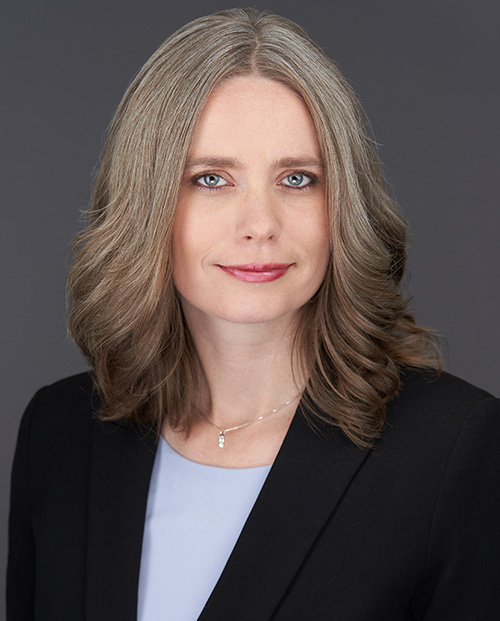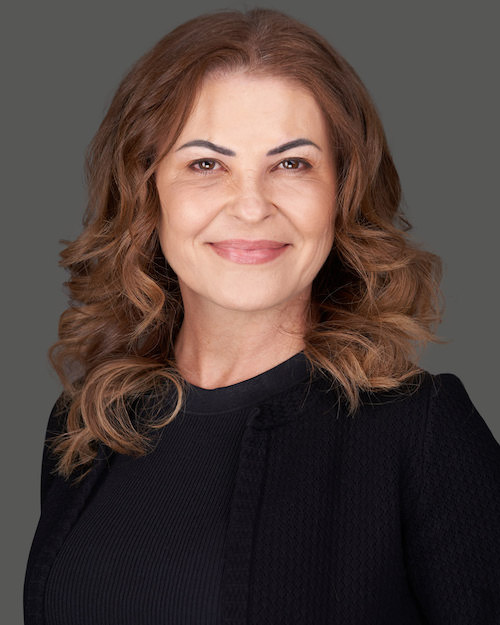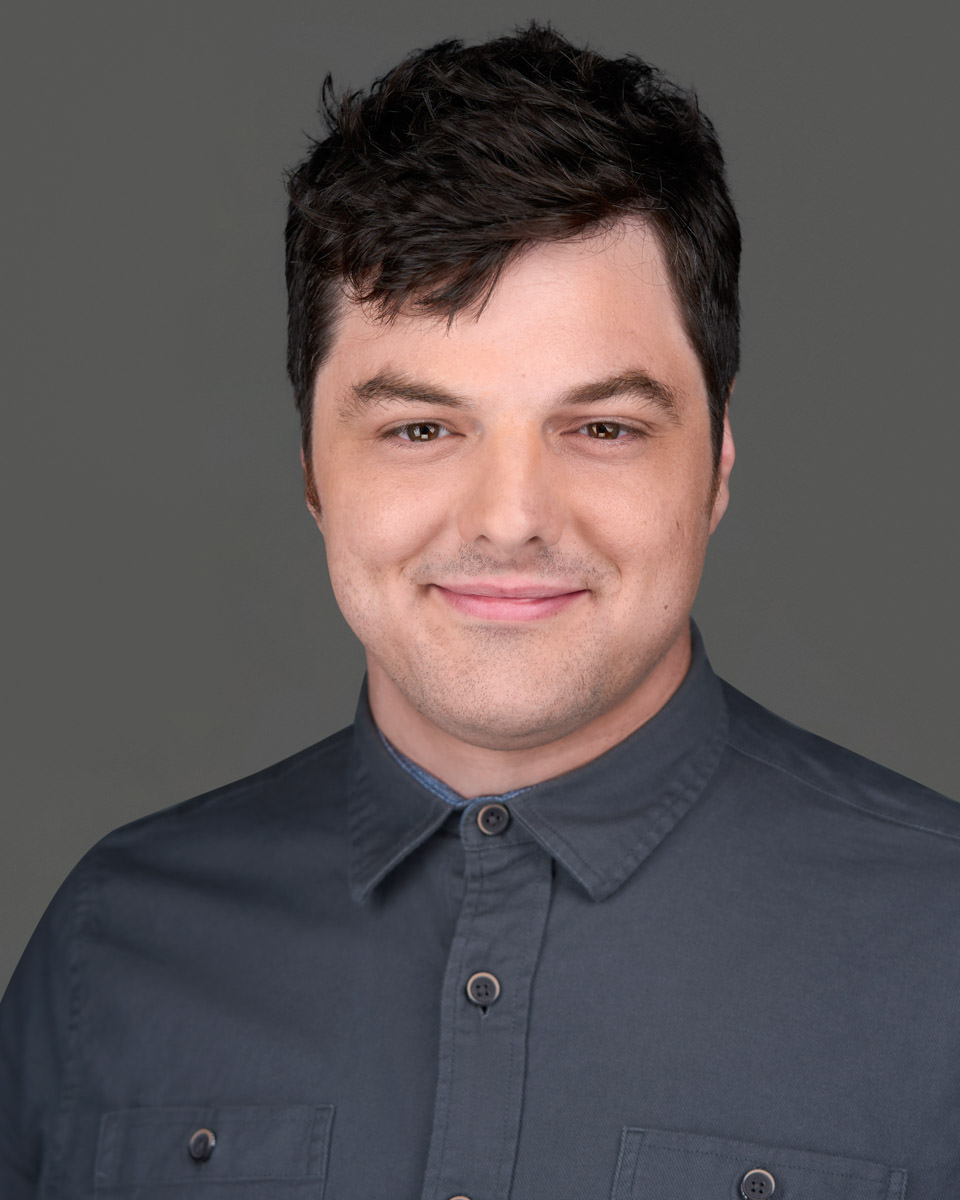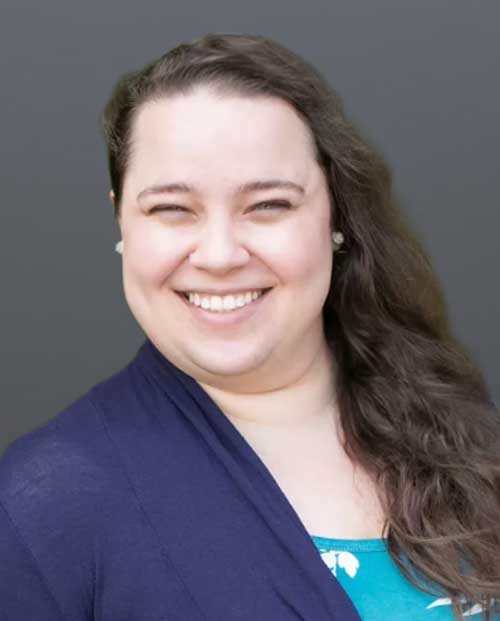Our Team
The LightHeart Associates team is comprised of compassionate, dedicated mental health professionals. With a diverse array of backgrounds, training, and experience, the LightHeart Associates staff is ready to help you or a loved one by providing mental health treatment that combines evidence-based therapies with holistic approaches to maximize physical, mental, and spiritual health.
Call 425.800.5688 today to learn more about LightHeart Associates.
Alejandro (Alex) Woods, MSW, LSWA
Licensed Social Work Associate
Amanda Garbarino, MSW, LICSWA
Social Work Associate
Amelia McCormick, MA, NCC, LMHC, LMFTA
Mental Health Counselor, Marriage and Family Therapist Associate, Clinical Director of Federal Way
Anita Baruah, MA, LMFT, CMHS, RPT
Marriage and Family Therapist
Ari Gartin, MS, LMHC
Mental Health Counselor, Clinical Supervisor
Audrey Comber, LICSW
Licensed Independent Clinical Social Worker
Barbarann G. Kuik, MA, LMFTA
Marriage and Family Therapist Associate
Benjamin Barnes, PsyD, LMHCA
Psychology Postdoctoral Fellow
Brittany Gadd, LMHCA
Licensed Mental Health Counselor Associate
Cindy Ha
Master’s Intern Counselor
Claire Keepers, MA, LMHCA
Licensed Mental Health Counselor Associate
Craig Taylor, MSW, LSWA
Licensed Social Work Associate
Dani Flintoff, MA, LMHCA
Mental Health Counselor Associate
Daniel Littleton, MA, LMHCA
Mental Health Counselor Associate
Dante Abernathy, MA, LMHCA
Mental Health Counselor Associate
David Sax
Master's Intern Counselor
Edward Cheers, MA, LMHCA
Licensed Mental Health Counselor Associate
Edward Hernandez, PsyD
Clinic Director/Clinical Psychologist
Emerson Hough, FFS
Child and Family Therapist
Fred Wang, PsyD, LMHC
Postdoctoral Psychology Fellow
Gerald Bennett, MSW, LICSWA
Licensed Independent Clinical Social Worker Associate
Gordon Zhang, MA, LMFT
Marriage and Family Therapist, Clinical Director AP
Grace Lee
Marriage and Family Intern Counselor
Holley Kaskel, PsyD
Founder & Clinical Supervisor
Ines Taylor Brown, MS, LMHCA, MHP
Mental Health Counselor Associate
Iran Thongdy, MA, LMFTA
Licensed Marriage & Family Therapist Associate
Jada Eisenhall, PsyD, LMHCA
Postdoctoral Psychology Fellow
Jennifer Kapelos, MA, LMHCA
Licensed Mental Health Counselor Associate
Jess Jajesnica, DNP, MSN, ARNP, PMHNP-BC
Psychiatric Nurse Practitioner
Jessica Numsuwankijkul MSW, LSWA
Licensed Social Work Associate
Joanne Ho
Master’s Intern Counselor
Joseph Bradley
Psychiatric Support Specialist
Julia Prud’homme, MA, LMFTA
Marriage and Family Therapist Associate
Kaitlin Forestieri PsyD, LMHCA
Psychology Postdoctoral Fellow
Kate Castaing, PsyD
Clinical Psychologist
Katherine Barnes, LMHC
Licensed Mental Health Counselor
Lea Fingerhut, MS, LMFTA
Marriage and Family Therapist Associate
Lisa Jackson, MA, LMHCA
Licensed Mental Health Counselor Associate
Lorena Salazar, DNP, ARNP, PMHNP-C
Psychiatric Nurse Practitioner
Manya Perkins, MA, LMHCA
Licensed Mental Health Counselor Associate
Margaret Mathai, LICSWA
Licensed Independent Clinical Social Worker Associate
Mariella Ramos
Federal Way Clinic Coordinator
Marifel Garcia, MSW, LICSW
Licensed Independent Clinical Social Worker
Marisa Talerico
Master’s Intern Counselor
Matt Mancuso, M.S., LMHCA
Licensed Mental Health Counselor Associate
Michael Chang, LMHCA
Licensed Mental Health Counselor Associate
Michael Ramsey, DO, MS
Child & Adolescent Psychiatrist
Mike Kippes, PhD
Neuropsychologist, Consultant
Monica Alisse MS, LMHCA, NCC
Mental Health Counselor Associate
Mylene Adsitt, MSW, LSWA
Licensed Social Work Associate
Nathan Bushue, PA-C
Physician Assistant, Certified
Nicole Clay, PhD
Clinical Psychologist
Pam Hubbard, MA, LMHC, SUDP
Licensed Mental Health Counselor
Paula Alsept, PMHNP
Psychiatric-Mental Health Nurse Practitioner
Polly Beynon
Operations Director
Rachel Davis, MA, LMHC
Mental Health Counselor
Rebecca Liggett, LMHCA
Licensed Mental Health Counselor Associate
Reema Noor, LMHCA
Mental Health Counselor Associate
Rose Boff, MA, LMHCA
Mental Health Counselor Associate
Sean Reardon, MSW, LISWA
Licensed Independent Social Worker Associate
Seth Hanke, MA LMHCA
Licensed Mental Health Counselor Associate
Teresa Schaut
Master's Intern Counselor
Tommi Rainey, MHA
Market Vice President
Tracy Goergen, MA, LMFTA
Licensed Marriage and Family Therapist Associate
Victoria Cicero, MS, LMHC
Licensed Mental Health Counselor
Victoria Vedmed, MS, LMHCA
Psychology Doctoral Intern

